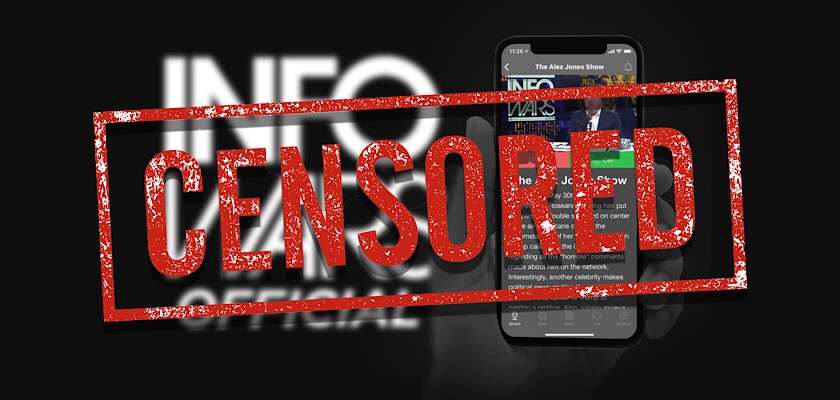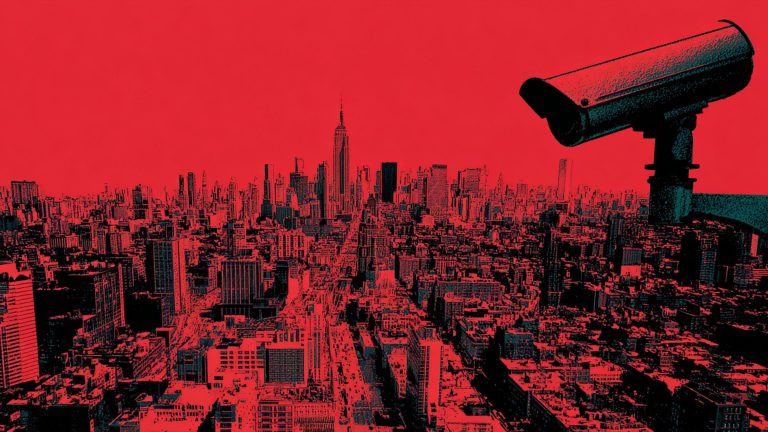A new report from CNBC says that an “executive review board” led by Apple’s Senior Vice President of Worldwide Marketing Phil Schiller was behind the decision to ban Infowars from the App Store last year. This “executive review board” reportedly meets every week to discuss “controversial” apps and makes the final call on whether to ban apps from the App Store.
According to CNBC, the Infowars app was banned for violating content policies by publishing videos that supposedly included “threats to reporters.” While the report doesn’t specify what these alleged threats are, it’s presumably referring to the famous confrontation between Infowars founder Alex Jones and CNN reporter Oliver Darcy on Capitol Hill where Jones called out Darcy for his role in pressuring many of the tech giants to censor Jones and Infowars. Jones did not threaten Darcy during this confrontation but Infowars was banned from the App Store two days after it happened which suggests that these supposed “threats to reporters” are referring to this incident.
In addition to banning Infowars and choosing whether other apps get the ban hammer, this “executive review board” reportedly sets policy for Apple’s Worldwide Developer Relations department which is also known as App Review.
CNBC adds that sustained appeals from a developer after an app is rejected by App Review go to the “executive review board” along with:
- Apps that fall into gray areas of Apple’s policies
- Apps that are “publicly sensitive”
- Apps that could be dangerous for Apple in terms of publicity (which are also referred to as “oh s**t” apps)
The report also claims that larger companies like Netflix and Spotify aren’t given any special treatment and that the same review process and rules apply to their apps.
Ironically, the example that CNBC uses to illustrate this is the streaming music app Spotify being rejected by Apple for attempting to avoid paying Apple’s 30% App store fee. This 30% fee is the crux of Spotify’s complaint to the European Commission which alleges that this fee gives Apple an unfair competitive advantage when selling its own services such as Apple Music.
The allegations that Apple potentially censors apps because they’re “publicly sensitive” or could result in bad publicity for Apple are particularly interesting given that Apple is currently facing increased antitrust scrutiny around the way it manages the App Store.
In May, the US Supreme Court ruled that Apple would have to face an App Store antitrust suit. This was then followed by the US House Judiciary Committee launching an antitrust investigation into big tech this month and reports suggesting that the US Department of Justice (DOJ) is also planning to investigate Apple.
Free speech software company Gab has also reported Apple to the US DOJ this month after the Dissenter iOS app was rejected from the App Store, even though Apple admitted that it doesn’t violate any terms. Additionally, the company behind the popular Puffin iOS browser has called on the government to take action against Apple for its monopolistic App Store practices.
Apple has pushed back against these claims, saying that the App Store “welcomes competition” and that Apple isn’t a monopoly. Despite saying that it’s not a monopoly, Apple has relaxed some of its strict App Store rules since these allegations of monopolistic practices started to surface.








